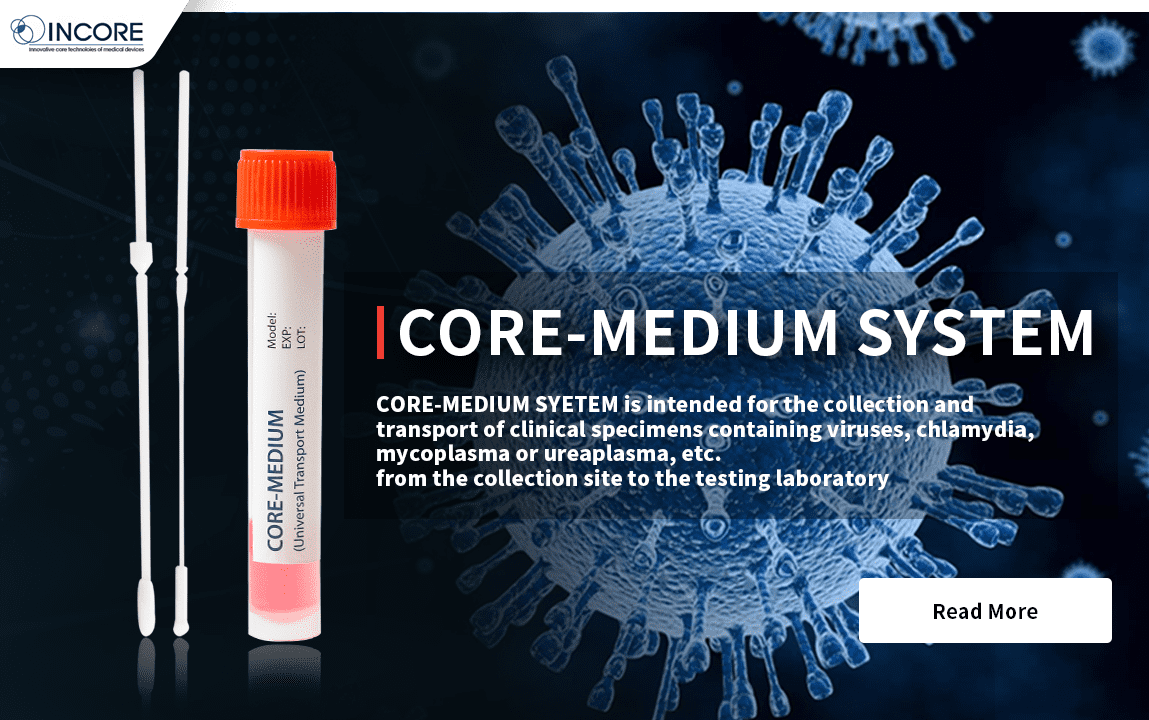The Reason Medical Malpractice Claim Is So Beneficial In COVID-19?
페이지 정보
Writer Mitch 작성일23-07-31 19:00 Hits5,243관련링크
medical malpractice compensation Malpractice Litigation
Medical malpractice litigation is complex and time-consuming. It is also expensive for both the plaintiff as well as the defendant.
To be able to claim monetary compensation in a malpractice lawsuit, the injured patient must prove that inadequate medical treatment caused injury. This requires establishing four elements of law which include professional obligation, breach of that obligation, injury and damages.
Discovery
The most important part of a case involving medical negligence is the gathering of evidence. This can be done via written interrogatories, or requests for documents. Interrogatories require to be answered under swearing by the opponent to the lawsuit and are used to establish the facts to be presented at trial. Requests for documents can be used to get tangible items, for example, medical records and test results.
In many cases, your attorney will be able to take the defendant's deposition, which is an audio recording of a question and answer session. This permits your attorney to ask the witness or physician questions that wouldn't be allowed during trial. It can be extremely beneficial in cases that involve expert witnesses.
The information you gather during discovery before trial will be used to support your case at trial.
Infractions to the standard of care
Injury resulting from a breach of the standard of care
Proximate cause
Inability of a doctor to utilize the level of expertise and knowledge of doctors in their field. This caused injury or harm to the patient
Mediation
While medical malpractice trials are often essential, they also have major disadvantages for both parties. For plaintiffs who are facing a lawsuit, the stress, expense, and the commitment to trial can cause psychological harm on them. For defendant health care professionals trial may result in humiliation and a loss of respect. It can also have adverse effects on their career and practice since the financial payments they receive as part of settlements before trial are reported to national databases of practitioners, state medical licensing board and the medical society.
Mediation is a more cost-efficient, time-efficient, and risk-effective method of settling cases of medical negligence. Parties are able to negotiate more freely as they avoid the costs of a trial and the possibility of jury verdicts to be diminished.
Each side must submit brief details of the situation to the mediator before mediation (a "mediation brief"). The parties will often let their communications go through their lawyer, rather than directly between themselves at this stage because direct communications could be used against them later in court. As the mediation progresses it is a good idea to focus on the strengths of your case and be ready to acknowledge its weaknesses, as well. This will assist the mediator to bridge any gaps in understanding and offer you an acceptable offer.
Trial
The goal of tort reformers is to develop a system that compensates those who suffer injuries due to physician negligence in a timely manner and without excessive cost. Many states have implemented tort-reform measures to reduce costs, and prevent frivolous claims for medical malpractice.
The majority of doctors in United States have malpractice insurance as a way of safeguarding themselves from claims of professional negligence. Some of these policies are required as a condition for hospital privileges or employment in a medical group.
In order to obtain monetary compensation for injuries caused by the negligence of a medical professional, the victim must prove that the doctor did not meet the standards of care applicable in the field of expertise they practice. This is referred to as proximate causation and Medical Malpractice Litigation is an important part of a medical malpractice claim.
A lawsuit starts when a civil summons is filed with the appropriate court. After that, both parties must engage in a process of disclosure. This involves writing interrogatories and the production of documents such as medical records. Depositions (in which lawyers question witnesses under oath), and requests for admission are also involved.
The burden of proving medical malpractice attorney malpractice cases is extremely heavy and the damages awarded will take into consideration the economic losses that are actual like lost income and the cost of future medical treatments as well as non-economic losses, such suffering and pain. In the event of pursuing a claim based on medical malpractice, it is important to work with an experienced attorney.
Settlement
Settlements are the simplest way to resolve medical malpractice lawsuits. In general, the actual dollar value of a case is negotiated between the plaintiff and the defendants (often through or alongside the defendant's malpractice/professional liability insurer). The result is an amount for the injured patient, which is then given to the plaintiff's lawyer who deposit it into an Escrow account. The lawyer deducts legal fees and case expenses according to the representation agreement. Then, he provides the injured victims with compensation.
In order to prevail in a medical negligence case, the patient who is suffering from it must prove that a physician or other healthcare professional had a duty to care, but violated this duty by failing apply the necessary level of expertise and knowledge in their field, that as a proximate result of that breach, the victim sustained injury, and these injuries are measurable in terms of monetary losses.
In the United States, there are 94 federal district court systems, which are equivalent to state trial courts. Each of these courts has an ad-hoc jury and judge panel, which hears cases. In certain circumstances a medical malpractice legal negligence case may be transferred to one of the federal district courts. In the United States, physicians carry medical malpractice insurance to safeguard themselves from lawsuits for harm caused by negligence. Physicians should be aware of the structure and operation of our legal system to ensure that they can be able to react appropriately to a claim brought against them.
Medical malpractice litigation is complex and time-consuming. It is also expensive for both the plaintiff as well as the defendant.
To be able to claim monetary compensation in a malpractice lawsuit, the injured patient must prove that inadequate medical treatment caused injury. This requires establishing four elements of law which include professional obligation, breach of that obligation, injury and damages.
Discovery
The most important part of a case involving medical negligence is the gathering of evidence. This can be done via written interrogatories, or requests for documents. Interrogatories require to be answered under swearing by the opponent to the lawsuit and are used to establish the facts to be presented at trial. Requests for documents can be used to get tangible items, for example, medical records and test results.
In many cases, your attorney will be able to take the defendant's deposition, which is an audio recording of a question and answer session. This permits your attorney to ask the witness or physician questions that wouldn't be allowed during trial. It can be extremely beneficial in cases that involve expert witnesses.
The information you gather during discovery before trial will be used to support your case at trial.
Infractions to the standard of care
Injury resulting from a breach of the standard of care
Proximate cause
Inability of a doctor to utilize the level of expertise and knowledge of doctors in their field. This caused injury or harm to the patient
Mediation
While medical malpractice trials are often essential, they also have major disadvantages for both parties. For plaintiffs who are facing a lawsuit, the stress, expense, and the commitment to trial can cause psychological harm on them. For defendant health care professionals trial may result in humiliation and a loss of respect. It can also have adverse effects on their career and practice since the financial payments they receive as part of settlements before trial are reported to national databases of practitioners, state medical licensing board and the medical society.
Mediation is a more cost-efficient, time-efficient, and risk-effective method of settling cases of medical negligence. Parties are able to negotiate more freely as they avoid the costs of a trial and the possibility of jury verdicts to be diminished.
Each side must submit brief details of the situation to the mediator before mediation (a "mediation brief"). The parties will often let their communications go through their lawyer, rather than directly between themselves at this stage because direct communications could be used against them later in court. As the mediation progresses it is a good idea to focus on the strengths of your case and be ready to acknowledge its weaknesses, as well. This will assist the mediator to bridge any gaps in understanding and offer you an acceptable offer.
Trial
The goal of tort reformers is to develop a system that compensates those who suffer injuries due to physician negligence in a timely manner and without excessive cost. Many states have implemented tort-reform measures to reduce costs, and prevent frivolous claims for medical malpractice.
The majority of doctors in United States have malpractice insurance as a way of safeguarding themselves from claims of professional negligence. Some of these policies are required as a condition for hospital privileges or employment in a medical group.
In order to obtain monetary compensation for injuries caused by the negligence of a medical professional, the victim must prove that the doctor did not meet the standards of care applicable in the field of expertise they practice. This is referred to as proximate causation and Medical Malpractice Litigation is an important part of a medical malpractice claim.
A lawsuit starts when a civil summons is filed with the appropriate court. After that, both parties must engage in a process of disclosure. This involves writing interrogatories and the production of documents such as medical records. Depositions (in which lawyers question witnesses under oath), and requests for admission are also involved.
The burden of proving medical malpractice attorney malpractice cases is extremely heavy and the damages awarded will take into consideration the economic losses that are actual like lost income and the cost of future medical treatments as well as non-economic losses, such suffering and pain. In the event of pursuing a claim based on medical malpractice, it is important to work with an experienced attorney.
Settlement
Settlements are the simplest way to resolve medical malpractice lawsuits. In general, the actual dollar value of a case is negotiated between the plaintiff and the defendants (often through or alongside the defendant's malpractice/professional liability insurer). The result is an amount for the injured patient, which is then given to the plaintiff's lawyer who deposit it into an Escrow account. The lawyer deducts legal fees and case expenses according to the representation agreement. Then, he provides the injured victims with compensation.
In order to prevail in a medical negligence case, the patient who is suffering from it must prove that a physician or other healthcare professional had a duty to care, but violated this duty by failing apply the necessary level of expertise and knowledge in their field, that as a proximate result of that breach, the victim sustained injury, and these injuries are measurable in terms of monetary losses.
In the United States, there are 94 federal district court systems, which are equivalent to state trial courts. Each of these courts has an ad-hoc jury and judge panel, which hears cases. In certain circumstances a medical malpractice legal negligence case may be transferred to one of the federal district courts. In the United States, physicians carry medical malpractice insurance to safeguard themselves from lawsuits for harm caused by negligence. Physicians should be aware of the structure and operation of our legal system to ensure that they can be able to react appropriately to a claim brought against them.
 SITEMAP
SITEMAP









